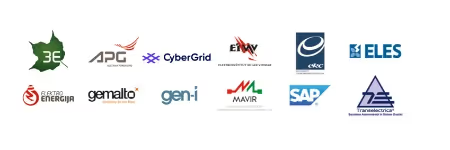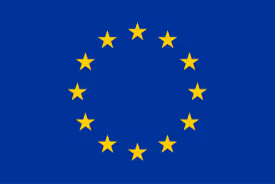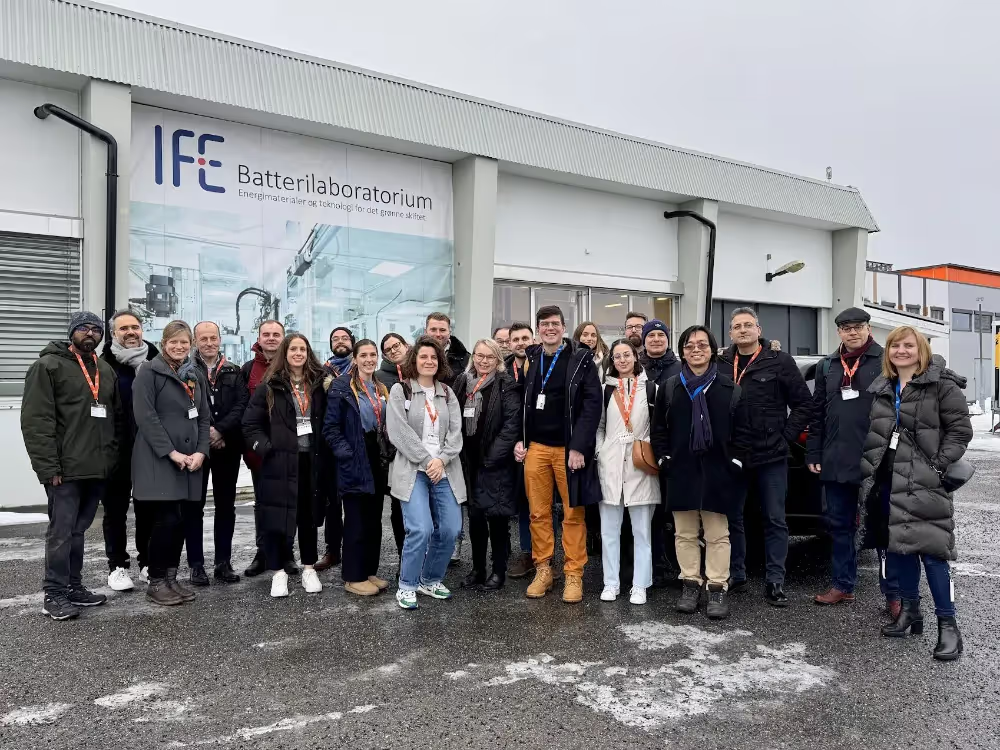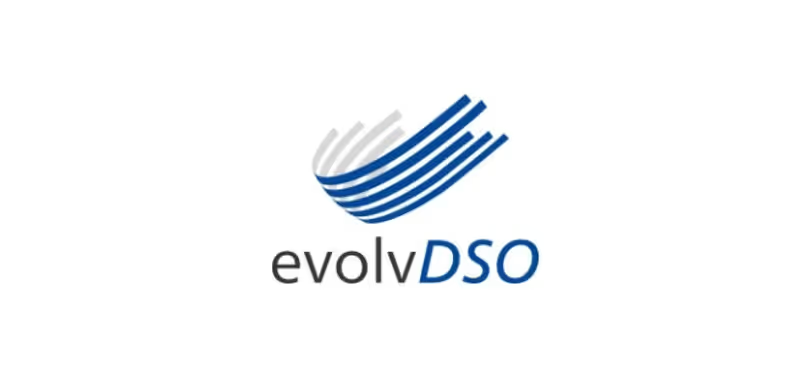- Balancing and redispatching services
- Provision of advanced ancillary services in TSO environments with limited flexibility options
- Innovative aFRR flexibility aggregation platform within all four control zones
The FutureFlow project will link interconnected control areas of four Transmission System Operators (TSO) of Central-South Europe, which today do face increasing challenges to ensure transmission system security. The growing share of renewable electricity units has reduced drastically the capabilities of conventional, fossil-fuel based means to ensure balancing activities and congestion relief through redispatching.
There is a need to face future balancing and network security challenges with the help of a more intensive and joint approach at regional level. The project, as recently approved under the Horizon 2020 framework of the European Commission, proposes research and innovation activities to validate that consumers and distributed generators can be put in a position to provide balancing and redispatching services in addition to conventional units, within an attractive business environment.
CyberGrid amongst the other partners in this consortium have agreed to jointly explore the combination of two routes to provide solutions to such problems through a unique regional cooperation:
- The design of a regional cross-border techno-economic cooperation scheme: it is tailored to ensure the participation of advanced commercial and industrial consumers, prosumers and distributed renewable generators in the provision of advanced ancillary services in TSO environments with limited flexibility options.
- The development and pilot testing of a comprehensive prototype IT platform and the associated economic model(s) to support this cooperation scheme.
The research and innovation activities involve real energy market players (between 30 and 45 MW of balancing power expected to be made available in the control areas of the four TSOs), this in view of:
- Prototyping of innovative flexibility aggregation platforms within all four control zones
- Prototyping of a regional IT platform enabling access of these flexibility aggregation platforms to the international markets
- Enabling optimization of relevant functionalities within the TSO environments from the regional perspective
- Pilot testing of these platforms and connections, based on a set of progressively ambitious use cases involving real electricity market players
- An ex-post impact analysis is proposed to deliver recommendations for the scaling-up and replication of the most promising use cases
CyberGrid’s role
CyberGrid will contribute to the project’s results with its expertise and cutting edge technology for managing demand response (DR) and distributed generation (DG). The work will comprise on one side research of DR&DG technical characteristics, and on the other research of TSO’s requirements for Automatic Frequency Restoration Reserve (aFRR) with the ambition to ensure level playing field for all suppliers of this highly valuable ancillary service.
Based on these findings, CyberGrid will prototype an innovative aFRR flexibility aggregation platform within all four control zones. It will be seamlessly integrated with the regional market IT platform enabling efficient monetization of DR&DG flexibilities across national borders.
Read more about FutureFlow: FutureFlow Press Release
- Coordinator: ELES
- Partners: ELES (Slovenia), APG (Austria), MAVIR (Hungary), TRANSELECTRICA (Romania), CyberGrid (Austria), Gen-I (Slovenia), SAP (Germany), Gemalto (France), 3E (Belgium), EIMV (Slovenia), EKC (Serbia), Elektro Energija (Slovenia).
- R&D programme: Horizon 2020
- Time frame: 2016–2020



This project has received funding from the European Union’s Horizon 2020 research and innovation program under the Grant Agreement No 691777. “Funded by the European Union. Views and opinions expressed are however those of the author(s) only and do not necessarily reflect those of the European Union or the EU Horizon 2020 Research and Innovation Programme. Neither the European Union nor the granting authority can be held responsible for them".




